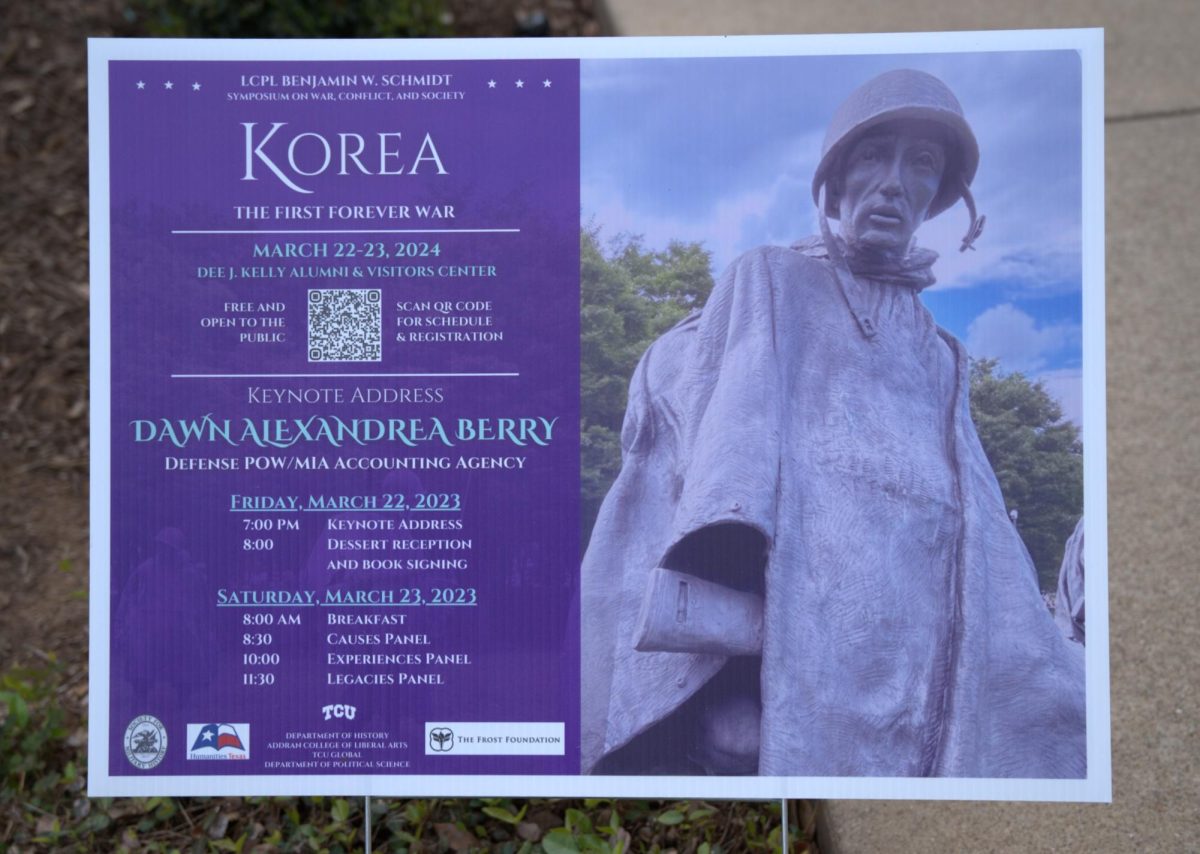Well, it finally happened. A backfire, a compromise, a mishap.
Much to the chagrin of his overwhelming number of supporters and perhaps to the glee of his opponents, in an announcement made Tuesday evening, President Barack Obama stated that he will increase troop numbers in Afghanistan. The purpose of which, he said, will be to combat the remaining areas of insurgency, but more so in order to train the Afghan military to take over and assume eventual total responsibility.
Now, after letting out my own exhaustive sigh of contempt and ire, we must begin to consider exactly what Obama purports that this influx in military will accomplish. The components of the plan, in fact, vary distinctly from past initiatives put forth by the Bush administration in its War on Terror during the past several years.
According to CNN, the plan has two distinct aspects. The first will be a influx of soldiers, mainly the Army and Marine Corps. A total of 30,000 new troops will be sent, many before the end of the year. Of those, 5,000 will be assigned specifically to training duties in order to ready the Afghan troops prior to the return of all U.S. troops in order to achieve a quick withdrawal.
The most important component of this plan is that an initial withdrawal date has been set, which on setting a timetable, has drawn criticism from both Republicans and Democrats. Sen. John McCain, R-Ariz., said that wars are won through the slow wearing down of the will of the opponent. Democrats claimed that Afghan President Hamid Karzai was a corrupt and unreliable partner. Yet, the outline established by Obama seems to be the best method to follow in order to accomplish the goals of the United States in Afghanistan.
Many experts believe that Osama bin Laden long ago fled to the northern desert caves of Pakistan. Afghan citizens find the situation in their country convoluted, in which the internal conflicts are insurmountable. They also find the U.S. involvement to be one based on conspiracy and lacking direction. By setting a deadline for removal of troops, Obama proves that the U.S. has no hopes of occupying the territory any longer than necessary. There is no government to be established, and it is clear that everyone would prefer for U.S. troops to return as soon as possible.
Additionally, the plan was consulted on by Gen. Stanley McChrystal, the top U.S. commander in Afghanistan. The ultimate goal is to limit the influence of the U.S. in the region, and Obama’s plan is reasonably attempting to do so. To leave unannounced would be a detriment not only to Afghanistan, but to the credibility of the military forces of the United States.
So, it seems that this new initiative is not such a failure after all. As the commander-in-chief, the president is ultimately responsible for all military decisions. The U.S. finds itself overly involved in the situation, and in order to remove itself effectively, must leave a strong platform for the next generation of national operatives. By placing a strong emphasis on training, Obama is hoping to accomplish that.
Before negative commentary is hurled unnecessarily and Obama’s decision making is questioned, the populace needs to understand that the dynamic of the U.S. is not one founded upon hasty decisions. His careful consideration of the necessary processes for successful withdrawal indicate that Obama is not unwisely sending additional troops, but allowing for this timeline of July 2011 to be met. This plan, with the corroboration of military officials in Afghanistan, proves to be the most plausible option at this point.
Matt Boaz is a senior Political Science major from Edmond, Okla.




